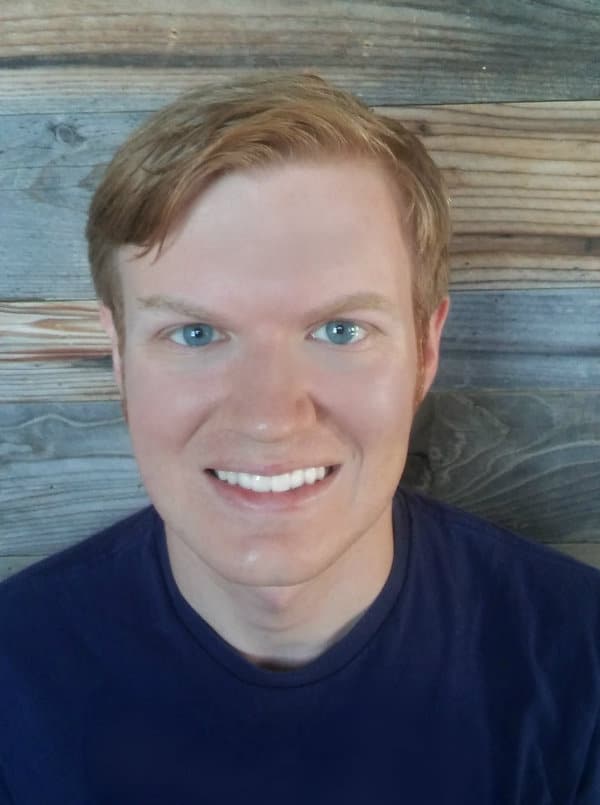Source: Salt Lake Tribune and True Viral News
Secretary of the Interior Ryan Zinke capped off a recent presidentially mandated review of national monuments by declaring, “I am an advocate to never sell or transfer public land, and so is the president.”
His words were intended to be reassuring, but not to public land advocates.
Zinke also said that ranchers are, “as much a part of the culture of a lot of these monuments as some of the objects,” while in Bunkerville, Nevada, site of the infamous 2014 standoff between racist antigovernment rancher Cliven Bundy and the U.S. Bureau of Land Management, an agency that Zinke now oversees. If you recall, Bundy called on antigovernment extremists to shut down I-15 and force law enforcement officers to stand down at gunpoint. Bundy has been a cause célèbre on the far right ever since; if Zinke’s appearance was supposed to be a dogwhistle, it might as well have been a bullhorn.
This goes beyond just attempting to significantly reduce the size of national monuments – it’s a pattern of state and federal officials excusing extremist antigovernment rhetoric that fosters violent zealots against the public servants they are supposed to protect.
Over the course of my research for the American West Center, the David C. Williams Memorial Fellowship and the Department of Communication at the University of Utah, I’ve been struck at how often local and federal politicians pander to the radical “land transfer” movement. These groups espouse the thoroughly debunked notion that the federal government has no right to hold or administer land. For example, President Trump’s labeling of national monuments as a “land grab” echoes this belief, even though the federal government already owns the land in question.
Besides a willingness to set aside $14 million in a quixotic lawsuit to annex 31 million acres of federal land, Utah politicians have been playing this game for years. In the same way that Trump has been slow to disavow his white nationalist supporters, so too have Utah officials refused to renounce land transfer radicals – who, incidentally, also have ties to white supremacists – because of the potential financial boon from opening up federal land for drilling, mining, and privatizing.
In 2015, the Center for Western Priorities accused state Rep. Ken Ivory and his non-profit American Lands Council of being the “bridge between extremism and the mainstream.” The following year, former state Rep. and vice chair of the Utah Republican Party, J. Morgan Philpot, served as counsel to Ammon Bundy, Cliven’s son and the architect behind the takeover of Malheur National Wildlife Refuge in Oregon.
Opposition to federal oversight of land has become an article of faith in Utah political circles. More recently, Zinke has acceded to local officials’ demands and reportedly recommended that Grand Staircase-Escalante and Bears Ears be significantly reduced in size.
The one thing you won’t find between current U.S. or Utah state officials? Any firm denunciation of these radicals or their violent attempts to wrest public lands that belong to all of us. Even Zinke declined to speak up in defense of his employees when asked about the Bunkerville standoff. For an administration that embraces law and order so proudly, their silence speaks volumes.
Sadly, but unsurprisingly, Utah has become a hotbed of domestic extremism. Last year, the authorities busted a Tooele County resident for attempting to plant a pipe bomb at a BLM facility in Mount Trumbull, Ariz. Three people indicted from Malheur hail from the state. Ryan Bundy, Ammon’s brother who helped concoct the Malheur takeover, was part of Phil Lyman’s 2014 illegal ATV ride through Recapture Canyon. Lastly, southern Utah native Robert “LaVoy” Finicum served as the Malheur standoff’s spokesman and died in a confrontation at a police checkpoint. In November 2015, Finicum met with Piute County ranchers and persuaded them to attempt a “withdrawal of consent” to be governed by the feds two months later. His funeral in Kanab attracted thousands of antigovernment sympathizers from across the country.
This radicalism is not going away. The more these people are indulged by the government, the more emboldened they will become. The longer Zinke stays silent on this form of domestic terrorism, the more likely a tragic attack will occur – at the expense of the men and women who serve under him.
Ian Summers is a graduate research fellow in the University of Utah’s Department of Communication and special advisor to Alliance for a Better Utah. His research focuses on public lands controversies and how social movements call themselves oppressed in order to justify their actions.
Read Salt Lake Tribune OpEd here or True Viral News article here

